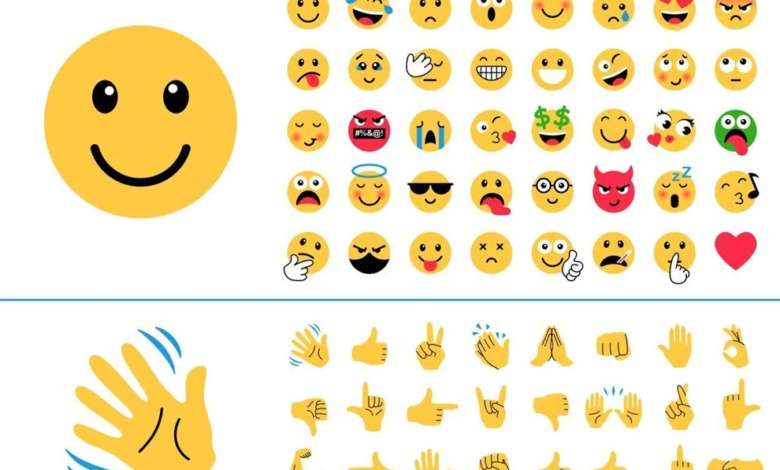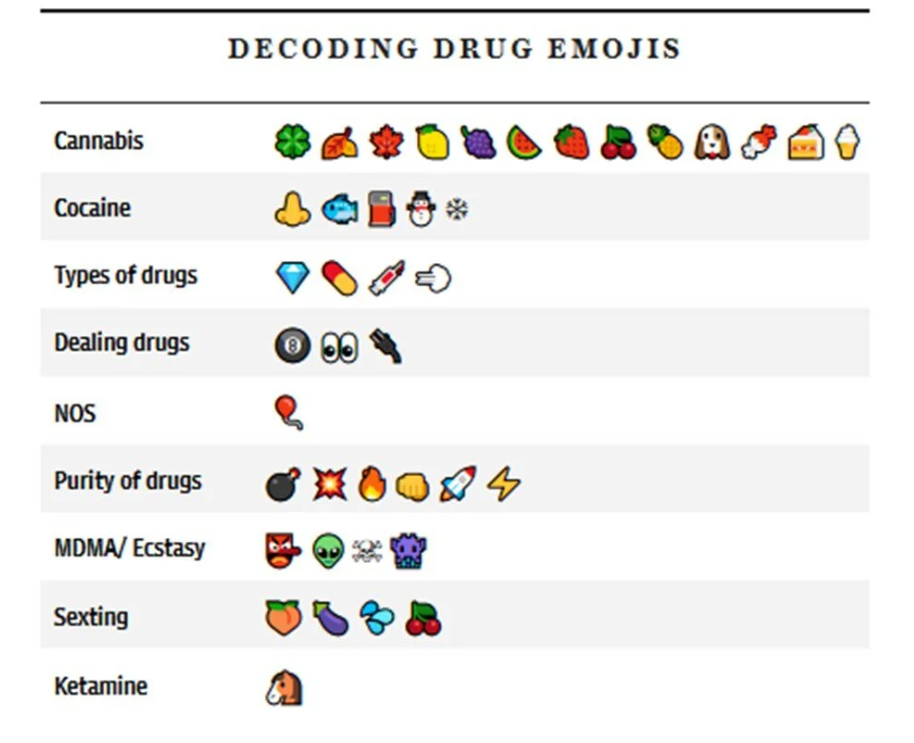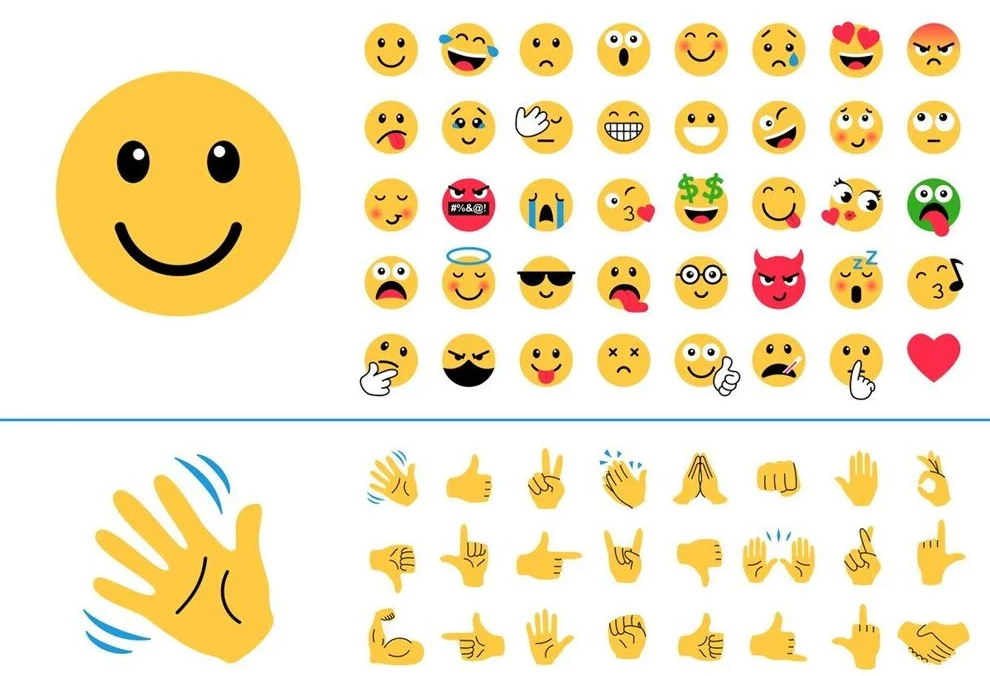Emojis Used by Young People For Expression and Sexuality Were Deciphered

Emojis Used by Young People For Expression and Sexuality Were Deciphered
Experts published emojis that are commonly used to express drug use and sexuality among young people, asking families to be careful about this issue. Here are the emoj that reveal the dark world of young people and their meanings…
In the UK, Surrey Police parents and teachers have issued a warning about the various emoji patterns young people use in relation to drugs and sex.

Authorities noted that young people turned to secret codes created with emoji in messaging applications in order not to be caught by their families, and pointed out that this kind of secrecy could lead them to harmful habits such as drugs. The police also warned that drug dealers who master the emoji language can easily reach adolescents.
Surrey Police has released a graphic of commonly used phrases among young people and their meanings to raise awareness about emoji among parents and teachers.
14 EMOJI AND ITS MEANINGS
The graphic includes 14 different emoji, including a 4-leaf clover representing opium. Other emoji used to describe opium include various leaf emojis, lemon, grape, watermelon, cherry, strawberry, pineapple, cake ice cream and dog emoji.

Cocaine nose emoji is encoded with gas pipe, fish, snowman or snowflake emoji, while devil, skull or alien emojis are used for ecstasy.
Ketamine and nitrous oxide are depicted with horse and balloon emoji.
Surrey Police, on the other hand, explained that young people use emoji to describe drugs as well as to explain how to buy drugs. Accordingly, the pill emoji indicates that the drug will be taken orally and the syringe will be injected into the vein.

Also, drug dealers prefer eye, eight ball or slot emoji for themselves.
WHAT EMOJI ARE USED FOR SEX?
Surrey Police used emojis among young people not only to hide drug use but also to describe sexuality. Accordingly, young people use the cherry, eggplant, peach and splashing emoji to express their sexuality.
ADVICE TO FAMILY
On the other hand, the authorities stated that not every young person who uses such emojis commits a crime and warned families not to put pressure on their children. Police advised parents to talk to their children, monitor their mood, and monitor their progress in the classroom, rather than scrambling their messages.







